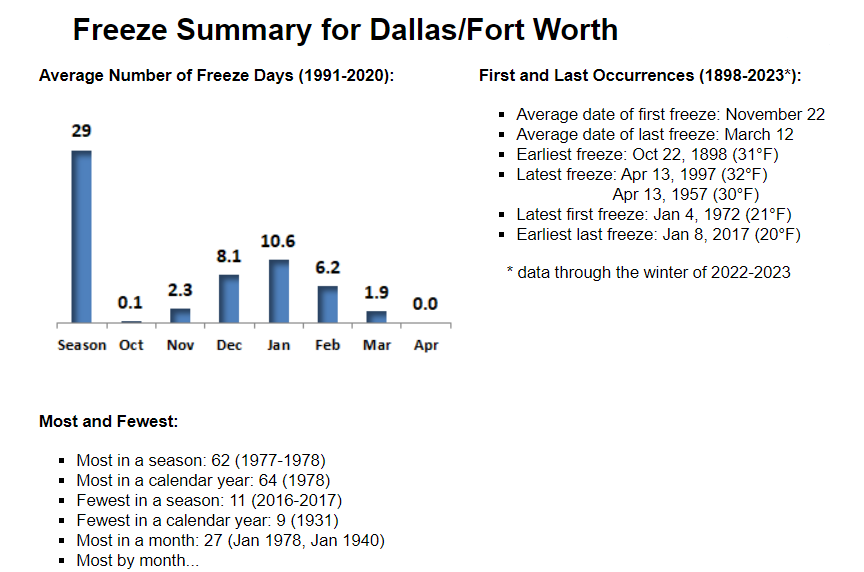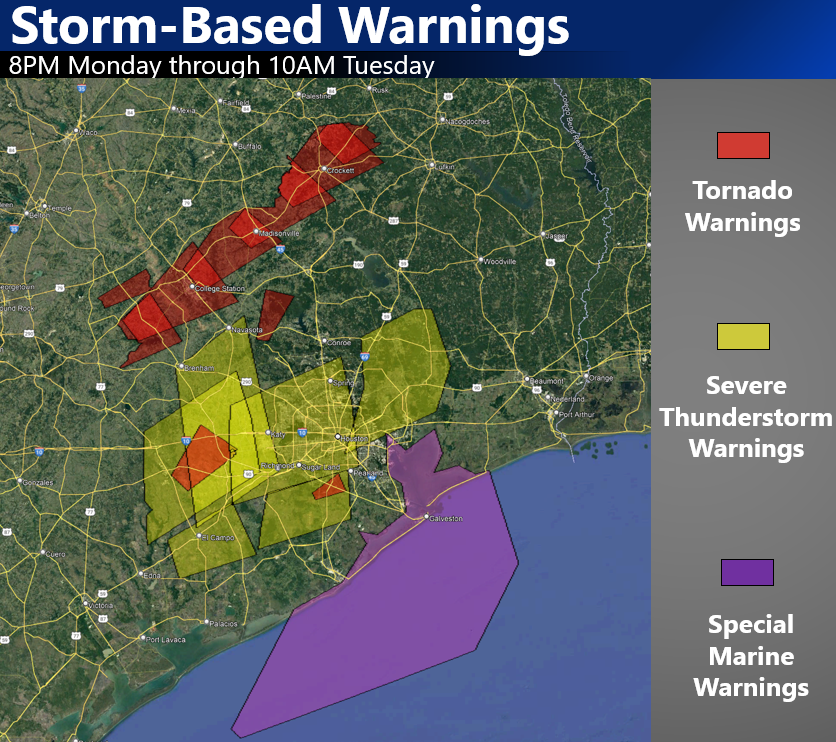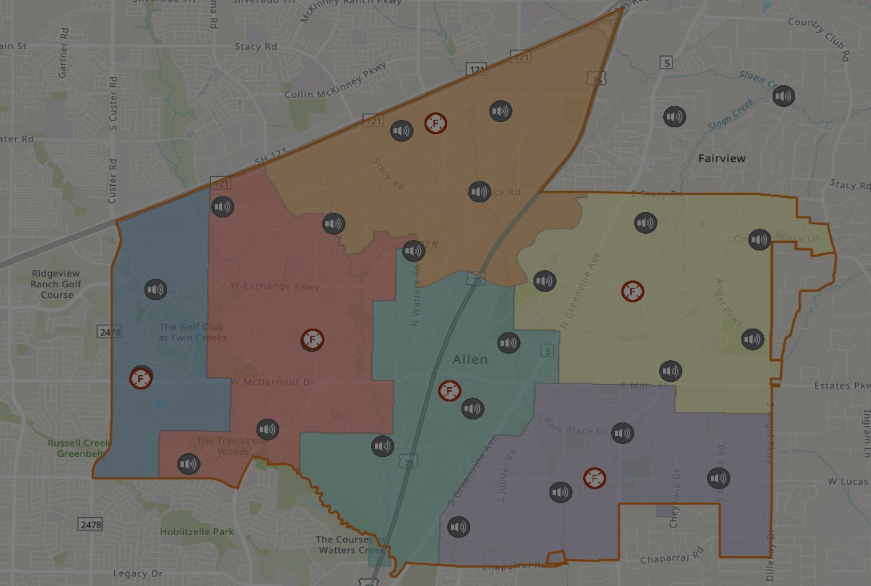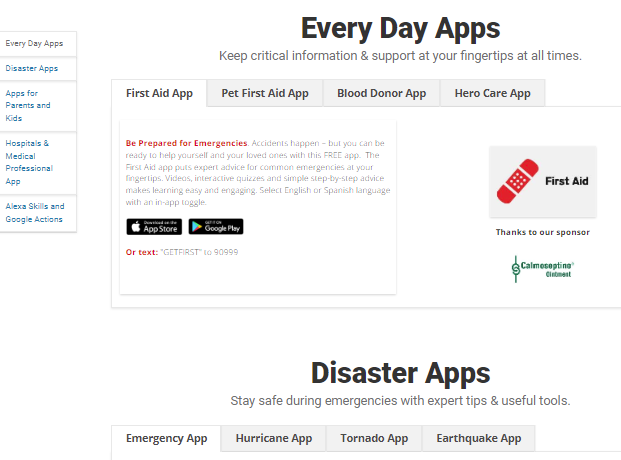
Click below pic to see latest DFW summaries from Weather.gov
No matter where you live in Texas, you can dial 2-1-1 or 877-541-7905 or visit https://www.211texas.org/ for community resources including food, health, housing and more. Save this number, 43362, in your phone today so you'll be able to find a safe space to shelter during a disaster.
Listen Live: If you're like me and got rid of all live tv then this radio station is the live radio for alerts and weather for our area. https://www.wbap.com/
APP ALERTS:
Plano uses Plano City Call thru Onsolve called Code Red.
Download app https://www.plano.gov/1937/Sign-Up-for-Plano-City-Call
TEXT ALERTS:
Text PLANO to 99411 or
Visit the Community Notification Enrollment page here
TEXT ALERTS to enroll for Allen: Text "Alert" to 972.521.4616
DOWNLOAD APP City of Allen states to download the Hyper-Reach app, sign up here.
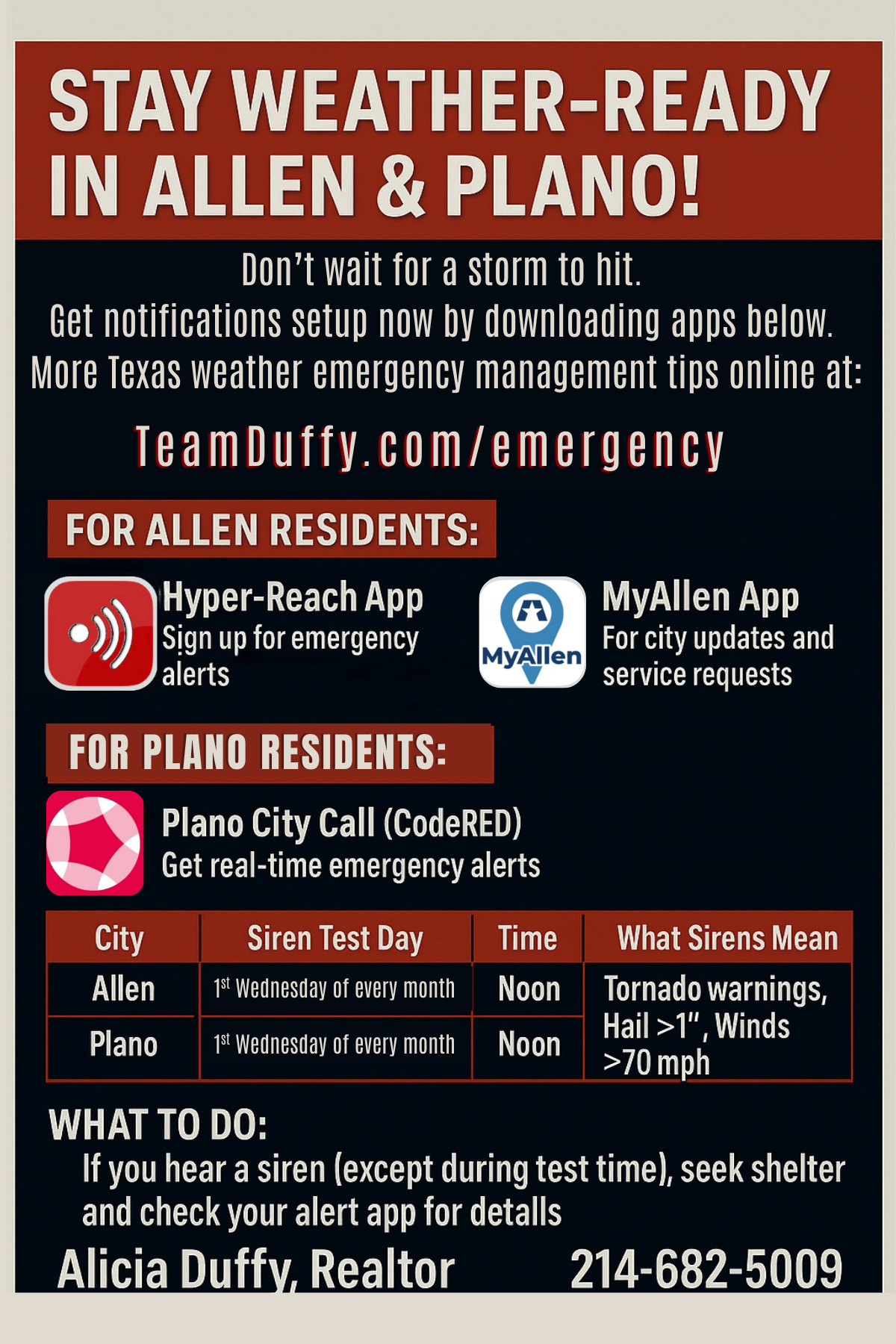
Emergency Management Resource Links
Make a Plan - The governments Ready plans, tips, apps...
Plan Ahead for Disasters | Ready.gov
Survival kit:
Shop prepared kits from the Red Cross here.
Emergency agencies recommend having a kit ready with items that will help you survive and recover from a disaster.
Get Prepared
Get Prepared is an app that helps you connect with your key support people, accomplish simple tasks to make you and your loved ones safer, and protect the things that matter most to you.
"Thinking through some of this in advance can make you feel less stressed and give you some control in a situation that is often out of control."
You should keep your kit in a handy place, in a container or bag that's big enough to add extra items when you're responding to a specific disaster.
Some basic items to include:
- Radio: battery-powered, wind-up or solar-powered radio. Mark on the dial the frequencies of ABC Radio and other local services.
- Light: a waterproof torch is good, and consider a backup windup version that doesn't need batteries, plus candles with waterproof matches or glow sticks.
- Drinking water: consider having 10 litres per person to last three days.
- Food: dried and long-life food to last three days, include a can opener and utensils.
- Spare batteries for all devices (check batteries every six months).
- Toiletries including soap, handwash gels, alcohol wipes, toilet paper, tissues, toothpaste and sanitary items.
- Cash: enough to meet basic needs for a few days.
- First aid kit and guide book.
- Waterproof bags for valuable items and documents
- Copies of essential documents like prescriptions and insurance details. You can also store this on a portable hard drive, give a copy to a trusted person, and/or upload to cloud-based storage.
- Your written bushfire, cyclone, flood or emergency survival plan, including contact numbers of family or neighbours.
- Protective blankets and clothing suitable for likely emergencies in your area like long-sleeved natural-fibre shirts for bushfire areas, protective footwear or rubber boots in flood areas. Sunscreen, insect repellent and wide-brimmed hats are also useful.
Set a yearly reminder on your phone or calendar to check your emergency kit.
If you need to relocate, include:
- Prescription medications
- Toiletries and a change of clothes
- Mobile phone charger
- ATM cards and credit cards
- Important documents or valuables including passports, wills, photos, jewellery, insurance papers or mementoes
Don't forget people with special needs in your family:
- Mobility aids
- Nappies and supplies for infants
- Encourage children to pack familiar things that will bring them comfort in times of stress like a favourite toy
- Items to keep your pets comfortable including a leash, basket, travelling cage and pet food
FREEZING TEMPS AND YOUR POOL
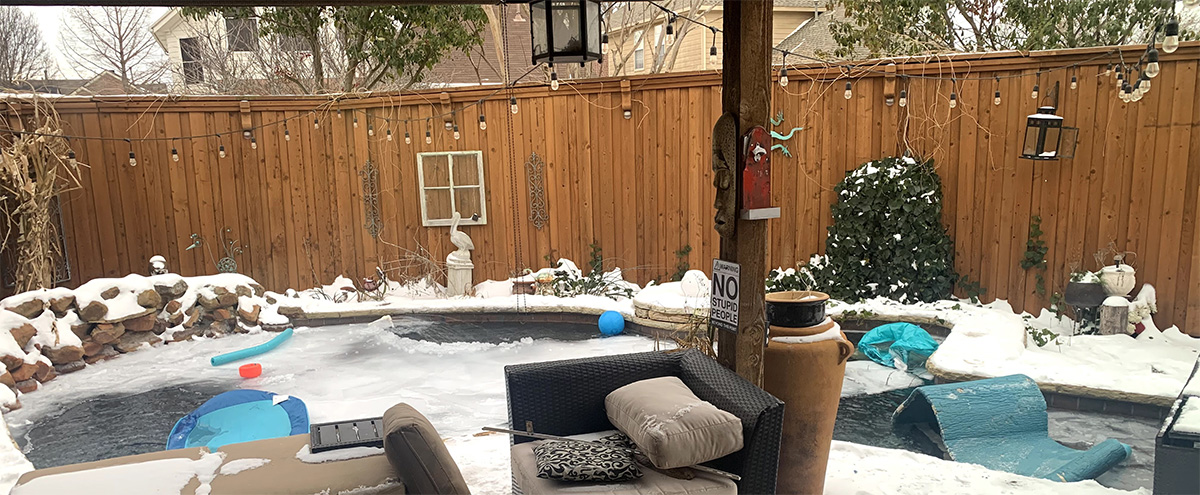
Tips from my experience and with information from my pool man Cary Foshee main things to remember are:
- Don't shut off water features
- Your pools freeze guard should have it running all the time when temps below freezing.
- Only wrap or cover the pipes and chlorinator but DO NOT put anything on the motor it has to breathe.
- Don't turn on heater. Firing up from near zero to heat instant can cause something to crack inside.
- If temps below freezing continusouly can put floats or balls to help from icing over.
If we have freezing like in 2021 with power outages there are a few more tips linked in below article.
Great article for how to protect your pool from Leslies Pools, click here or read partial below.
Prepare Your Pool for Freezing Weather
If you know extreme weather is headed your way, prepare your pool by following these steps:
- Maintain proper water levels (to the middle of the skimmer).
- Balance your water to the following levels:If you use an automatic pool cleaner, remove it, drain the water from it, and store it properly.
- pH: 7.4–7.6
- Total Alkalinity: 80–120 ppm
- Calcium Hardness: 200–400 ppm
- Free Available Chlorine: 2.0–4.0 ppm
Without Power
If there is no power to your equipment — either from you shutting it off or from a loss of power because of the weather — follow these steps:
- Make sure all equipment has been shut off, and that the breakers to your equipment have also been turned off.
- Open the air relief valve on your pool's filter.
- Remove the drain plugs from the front and rear headers of your pool heater. If you have a heat pump, remove those drain plugs too.
- Remove the lid and drain plugs from your pump.
- Take out the drain plugs in the filter or any other unit, such as a leaf trap, that holds water, including in-floor system water valves.
- Remove the top on Jandy valves, check valves, or other valves. If necessary, open the valves so water can move down the pipe.
- Put empty plastic gallon jugs in your pool to take up ice expansion and protect your pool tiles or finish from freezing weather. Make sure each jug has a bit of rock or sand in it to give it weight (but not full) so it breaks the surface of the water but is not fully submerged. You can also use inflatable pool floats or anything else that can absorb pressure. You can even place a weighted 5 gallon bucket on your steps or hang it over the edge in the pool. Again, the bucket must break the surface of the water.
- Put an empty plastic drink bottle (if a Gizzmo is unavailable) in the skimmer to protect it. The bottle should have enough weight to stay partially submerged, but it should not be full. You can use sand or rocks for weight. Do the same for in-deck chlorinators or deck debris traps for in-floor cleaners.
- If there is an auto leveler, wrap a towel around the vac break (backflow preventer) to prevent damage.
With Power
Another option to prepare your pool for incoming extreme winter weather involves running your pool pump and filter continuously — starting before the water begins to freeze and continuing throughout the entire freeze period.
If you choose the option of continuously running your pool pump and filter, here are the necessary steps:
- Prior to freezing weather and low temperatures, clean or backwash your pool filter. This ensures proper water flow during the cold.
- Run your pool pump and filter continuously. Moving water freezes more slowly.
- If you have a variable speed pump, run it at higher speeds throughout the freeze period to ensure proper water flow.
- Listen to your pump motor. If it makes a loud noise during operation, there may be trouble with the bearings. As soon as the temperatures get above freezing, have the motor serviced by a professional.
- Insulate plumbing lines with blankets or towels to prevent freezing. Even pool noodles can serve as good insulation around pipes.
- Open all lines to ensure proper water flow. If a valve is shut off, no water will flow through that pipe, and there is the danger of freezing damage.
- Warning: Do not use any type of electric heaters, electric blankets, portable gas heaters, or heat lamps on or near your pool pump and filter, as they can damage equipment or cause a fire.
Recovery if You Didn't Prepare
If freezing weather hits your pool without enough notice to properly prepare, damage is difficult to avoid. Frozen water in your equipment, valves, and other elements is generally quite destructive.
One option for late recovery is to cover and insulate your system's pipes as best you can. As mentioned above, you can use pool noodles, blankets, towels, or other options, but be mindful of how any option could interact with any piece of equipment that puts off heat. Adding fire damage to freeze damage is the last thing anyone wants.
If your pump, filter, heater, or pool plumbing has already been damaged by freezing water expansion, don't panic. Head over to our related blog post, How to Maintain a Pool With Damaged Equipment, for tips and tricks to keep your water clear while waiting for parts and repairs.
You can also contact us online, or call or visit your local Leslie's to see if a service technician is available to assist with solutions. It's impossible to guarantee that damage can be avoided, and Leslie's is not responsible for any existing or future damage caused by a lack of system circulation during freezing conditions.
After the freezing temperatures or unexpected weather event passes, a Leslie's technician can inspect your system, then identify and assess any resulting damage. Getting your system back up and running as soon as possible is key to ensuring your pool stays healthy and properly maintained.
Property Taxes feeling like an emergency? Check out our Property Tax Protest page here.

